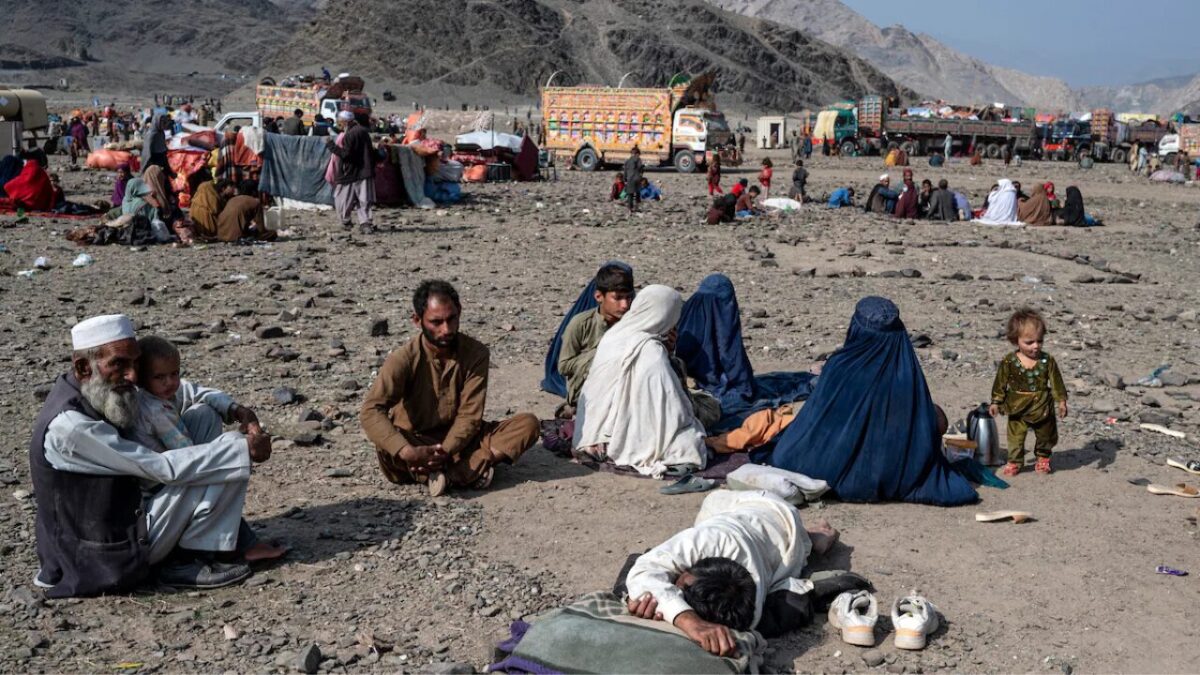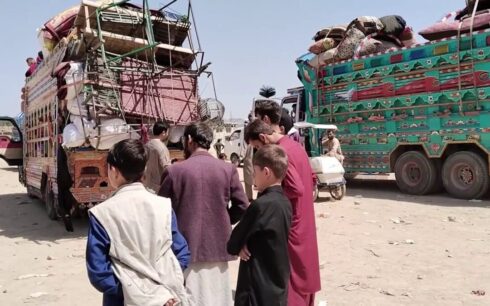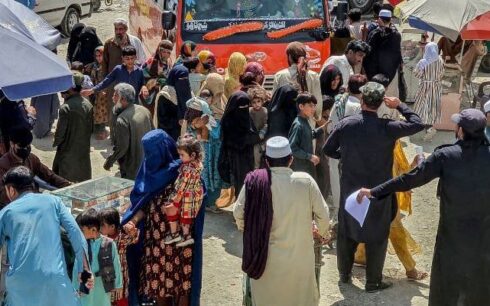KABUL — The Taliban-run refugees ministry in a statement on Tuesday condemned Pakistan’s forced deportation of Afghan migrants and the reported seizure of their property, describing the actions as “inhumane, un-Islamic and contrary to international law.”
The ministry urged the Pakistani government to end what they described as violent and degrading treatment of Afghan nationals, many of whom have lived in Pakistan for years.
“No one should use migrants as a political tool,” the statement read, accusing Pakistani authorities of exploiting the refugee population amid heightened diplomatic tensions.
The remarks come as Pakistan intensifies a crackdown on undocumented Afghan migrants, a policy officials in Islamabad say is necessary for national security. Authorities have increasingly linked Afghan nationals to Tehrik-i-Taliban Pakistan, or TTP, a militant group responsible for a wave of deadly attacks across the country.
At a recent seminar in Islamabad, Mohammad Sadiq, Pakistan’s former special envoy for Afghanistan, alleged that most members of the TTP were Afghan citizens. He claimed that at least 500 Afghans had joined the group over the past year, warning that their presence posed a growing threat to Pakistan’s security.
The Taliban have repeatedly denied these allegations. In their statement, they called on both Pakistan and Iran to uphold “Islamic, humanitarian, and international norms” in their treatment of Afghan migrants.
Many deported Afghans have expressed frustration with what they say is inadequate support upon returning to Afghanistan. Several have said they received little assistance from the Taliban authorities or international agencies, and now face worsening poverty, displacement, and food insecurity.
Pakistan launched a renewed phase of deportations in early April, as part of a broader security initiative. Human rights groups have criticized the campaign, saying it violates international obligations and disproportionately affects vulnerable groups, including women and children.
The United Nations has warned that forced returns may deepen Afghanistan’s humanitarian crisis, where more than 23 million people — over half the population — require aid.





